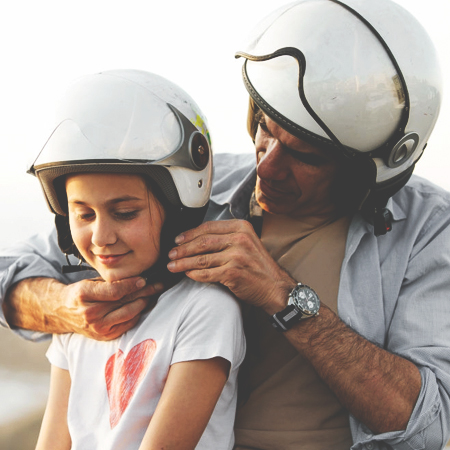
Thanksgiving presents some surprising yet deadly dangers as thousands of people soon take to the road and the kitchen to share the holiday with friends and family. It is a peak time for congested travel on snow-covered highways and home cooking fires; it’s easy to see how accidents can happen when you prepare for this holiday feast.
A trip to the emergency room for stitches from a car accident or a third-degree burn can ruin any Thanksgiving holiday, so here are safety tips to keep the celebration memorable in a good way for your loved ones.
Thanksgiving Safety Tips for You and Your Loved Ones
Travel safety
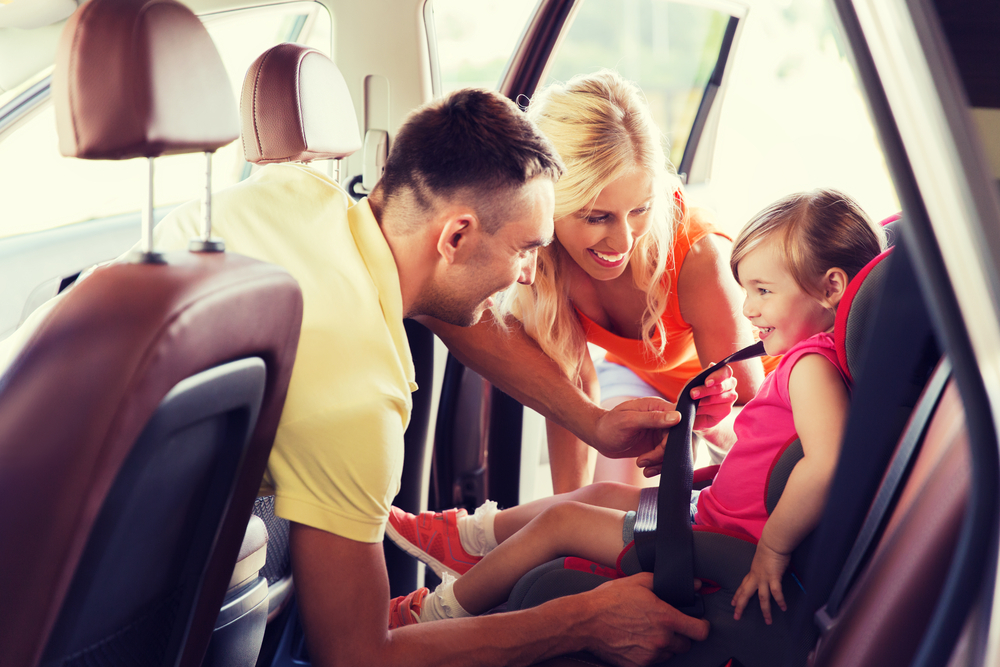
parents.com
Each year, thousands of people take to Alaska’s road system to spend Thanksgiving with family and friends, making it one of the busiest times for road traffic. An estimated 43.4 million Americans will travel 50 miles or more from home over Thanksgiving weekend, and 90 percent of those will travel by car. Whether driving across town to do some holiday shopping or traveling hundreds of miles to spend time with loved ones, planning ahead is essential to alleviating stress and staying safe in your vehicle if an emergency occurs.
- Ensure that your vehicle is in good condition for a road trip.
- Winterize your vehicle before taking it on the road, especially in the northern part of the state.
- Keep your gas tank near full to avoid ice in the tank and fuel lines.
- Pack up on the ten essentials like you’re on your way to a hiking or camping trip: navigation, illumination, sun protection, first aid and hygiene, tools, fire, shelter, nutrition, hydration, and insulation.
- Check your vehicle emergency supplies kit and replenish it if necessary. Your kit should include treatments, adhesive bandages of various sizes, several gauze pads, adhesive tape, antiseptic, ointments, insect repellents, cotton swabs, over-the-counter pain medication, prescription medications, pen and paper, nitrile gloves, and hot or cold packs. And since first-aid kits are meant for emergency situations, you may want to include a whistle or certain weapons.
- Check the weather before departing and along your route so you can plan for travel around any storms that may be coming.
- During longer trips, rotate drivers. If you’re too tired to drive, stop and get some rest.
- Let someone know your destination, your route, and when you expect to arrive.
Food safety
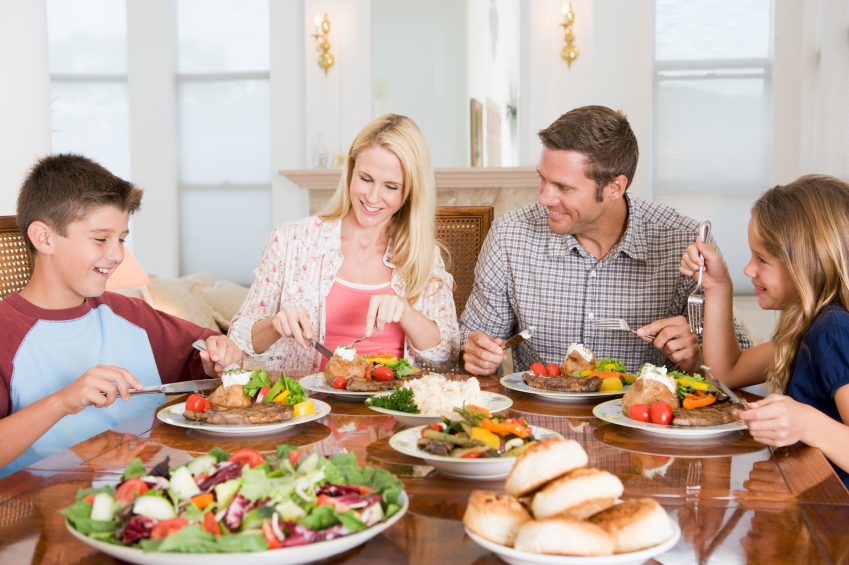
foodsafetytrainingcertification.com
The turkey is the biggest star this holiday. This is a day for home cooks to shine, so go for it! Make sure your meals evoke a round of applause, not a round of visits to the bathroom or, worse, the hospital. Keep everyone safe from the start by implementing these preparation tips.
- Always wash your hands thoroughly before preparing food, after handling any raw poultry or meat, and before eating.
- Clean and sanitize your food preparation surfaces and utensils to reduce the risk of salmonella poisoning.
- Use separate cutting boards: one for meat, poultry, and fish and one for cooked foods, vegetables, and fruits. Sanitize the cutting board after each use.
- Wash all vegetables and fruits before you prepare them.
- Check with your guests if they have any food allergies and if so, let them know which dishes to avoid that may contain a particular allergen.
- Avoid fresh, stuffed turkeys; buy your turkey at least 1 to 2 days before you cook it.
- Thaw a frozen turkey safely in the refrigerator allowing 3 to 4 days for thawing or approximately one day for every five pounds.
- Refrigerate a thawed or fresh turkey for no longer than two days before cooking.
- Immediately cook a small turkey that is defrosted in the microwave.
- Avoid slow cooking or partially cooking the turkey.
- If you cook your stuffing inside the turkey, stuff it just before roasting.
- Always use a meat thermometer to see if the turkey is completely cooked.
- The temperature needs to reach 165 degrees Fahrenheit when inserted in the thickest area of the thigh.
- Refrigerate all leftovers within two hours after cooking.
- Leftovers should be eaten within three or four days.
- If you are going to freeze leftovers, do that right away, not after they have been refrigerated for several days.
- Store food in shallow containers.
- Reheated leftovers should be cooked to 165 degrees Fahrenheit; gravy should be boiled.
- While talking, joking, and laughing, choking is a very dangerous possibility. Call 911 if the person can’t cough, breathe, or speak.
- Give the victim five sharp blows on the back with the heel of your hand.
- If unsuccessful, wrap your hands around the victim’s abdomen and give five quick upward thrusts.
- Carving a turkey is dangerous even for professionals in the kitchen. If you get yourself kitchen injuries this year, make sure you get to an emergency center immediately.
- Don’t offer turkey bones to your pet; like other bird bones, they are hollow, meaning that they can splinter and tear an animal’s internal organs or esophagus.
- Fatty holiday foods (turkey skin, gravy, candied yams, mashed potatoes) may cause pancreatitis; spare your pet this discomfort and the ensuing visit to the vet.
- Especially ensure that your pets stay away from: baker’s twine, corn on the cob, rising bread dough, chocolate, sugar, and toxic (especially to dogs) onions, raisins, grapes, and alcohol.
- Feed animals before your guests arrive; dogs get excited around people and may eat much faster, which could result in dangerous bloating.
Home safety
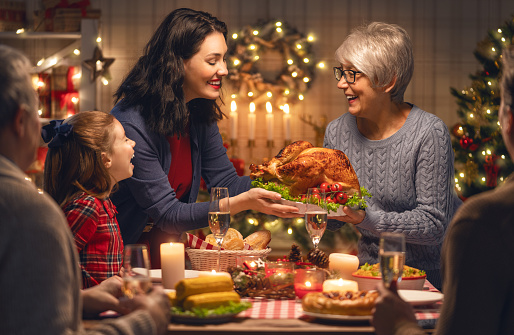
istockphoto.com
Keeping fire safety top of mind in the house during this joyous but hectic time is important, especially when there’s a lot of activity and people at home. If you and your family are leaving for the holiday, ensure that the house is secure from burglars.
- If using candles or the fireplace, keep these sources of fire shuttered or isolated, and never leave them unattended.
- Ensure your smoke alarms are connected and working.
- Unplug appliances that are small and unnecessary; it’s a smart way to save energy and eliminate potential dangers if something is accidently turned on.
- After the party, walk around the home and ensure candles and fireplaces are extinguished, unnecessary appliances are turned off, and no potential hazards (leftovers, sharp/flammable objects) are in reach of your kids or pets.
- Don’t post news that you’re out of town, particularly not online on social networks which are open to the public.
- Leave your keys and responsibilities with a friend. Have them pick up mail and deliveries and occasionally move your parked car around. Don’t hide your keys outside the house. Burglars will enjoy hunting for them.
- Turn your telephone ringer down so no one outside can hear repeated rings.
- Review your answering machine message to make sure it does not imply that you are away.
- Eliminate ladders or house-hugging tree limbs to make sure there’s no easy access to upstairs windows while you’re away.
- Operate lights with a timer so you’ve always got something lit at night.
Cooking safety
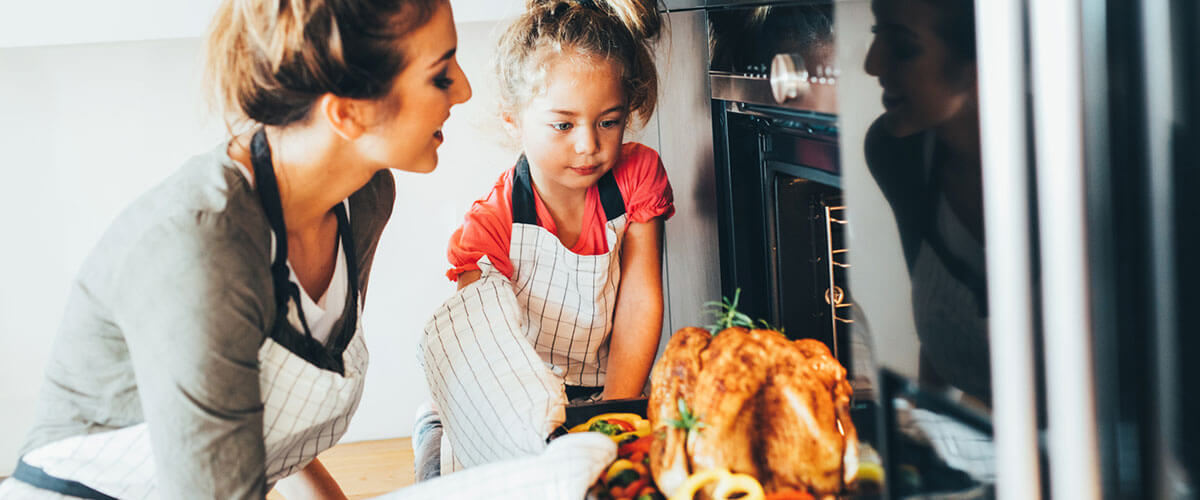
prevea.com
Thanksgiving is the peak day for home cooking fires, followed by Christmas Day, Christmas Eve, and the day before Thanksgiving. Cooking accidents contribute to an average of 430 home fires and injuries every day, and the National Fire Protection Association (NFPA) warns that the risk of having a fire in the kitchen triples on Thanksgiving Day.
- Install a smoke alarm near your kitchen, on each level of your home, inside bedrooms and outside sleeping areas. Use the test button to check it each month. Replace all batteries at least once a year if your smoke alarm requires it.
- Have a fire extinguisher available not more than 10 feet from the stove, on the exit side of the room. Make sure that you know how to use your fire extinguisher.
- Do not prepare meals if you’re sleepy or if you consumed something that makes you drowsy.
- Do not leave stoves, ovens, and ranges unattended.
- Keep children away from the stove as the steam or splash from the food on the stove can cause serious burns.
- Make sure children stay away from hot food and liquids. The steam or splash from vegetables, gravy, or coffee could cause serious burns.
- Never hold a child while cooking, drinking or carrying hot foods or liquids.
- Roll up your sleeves or wear short sleeves while cooking so your clothes do not start on fire.
- Set timers to keep track of cook times.
- Keep anything that can catch fire—pot holders, oven mitts, wooden utensils, paper or plastic bags, food packaging, towels or curtains—away from your stove, oven, or any other appliance in the kitchen that generates heat.
- Keep pets off cooking surfaces and nearby countertops to prevent them from knocking things onto the burner.
- After your guests leave, be sure all cooking appliances are off and all candles are blown out.
- Call 911 immediately if an oven fire occurs!
- Keep knives out of the reach of children.
- Be sure electric cords from an electric knife, coffee maker, plate warmer or mixer are not dangling off the counter within easy reach of a child.
- Keep matches and utility lighters out of the reach of children—up high in a locked cabinet.
- Never leave children alone in a room with a lit candle.
- Keep the floor clear so you don’t trip over kids, toys, pocketbooks or bags.
- Always check the kitchen before going to bed or leaving home to make sure all stoves, ovens, and small appliances are turned off.
- If you are decorating with candles be sure they are out before going to bed or leaving the house. Remember to place them in a sturdy holder where they cannot be knocked over or where guests will not accidentally brush against them. Keep them out of the reach of children and never leave a child alone with a lit candle. Candles should not have combustible decorations around them.
Conclusion
The topic of Thanksgiving celebrations is always popular, but there have always been careless holidayers. From unsanitary meat to fires to interacting with others, the Thanksgiving holiday week can prove to be a very dangerous holiday. On a gratitude-focused day, too many people find themselves instead dealing with the neglect of safety. We hope you take these extra steps to keep the season safe for your loved ones.
Watch the videos below